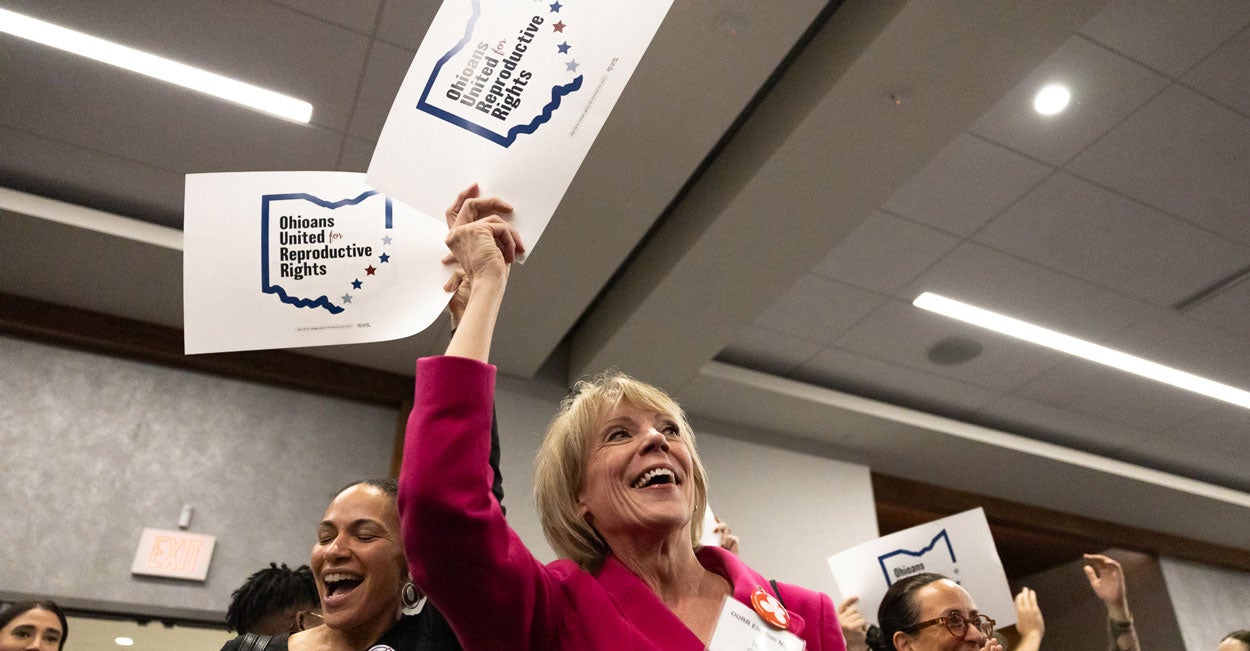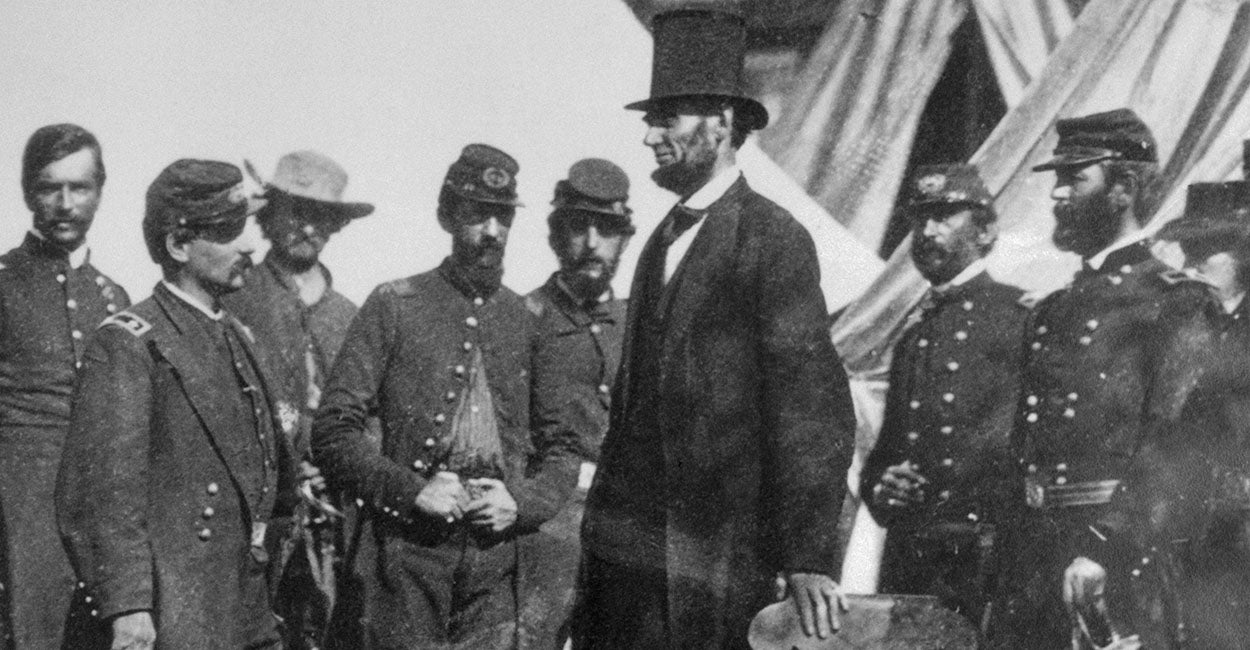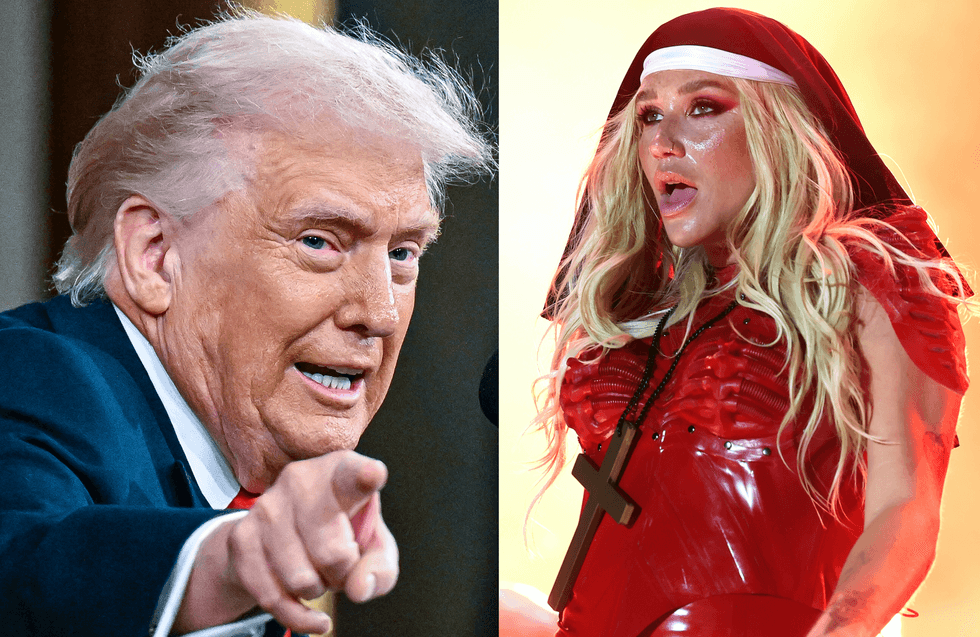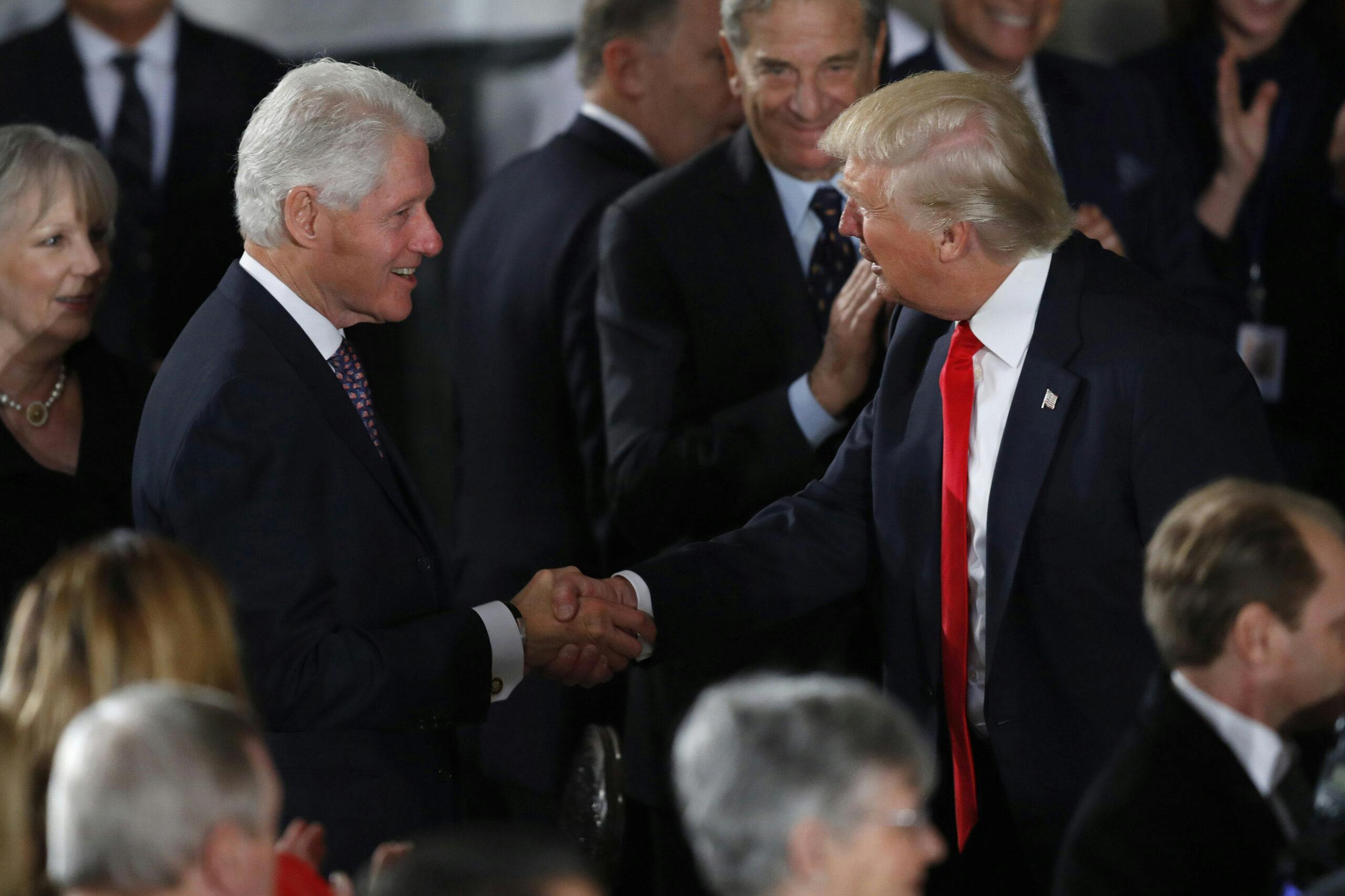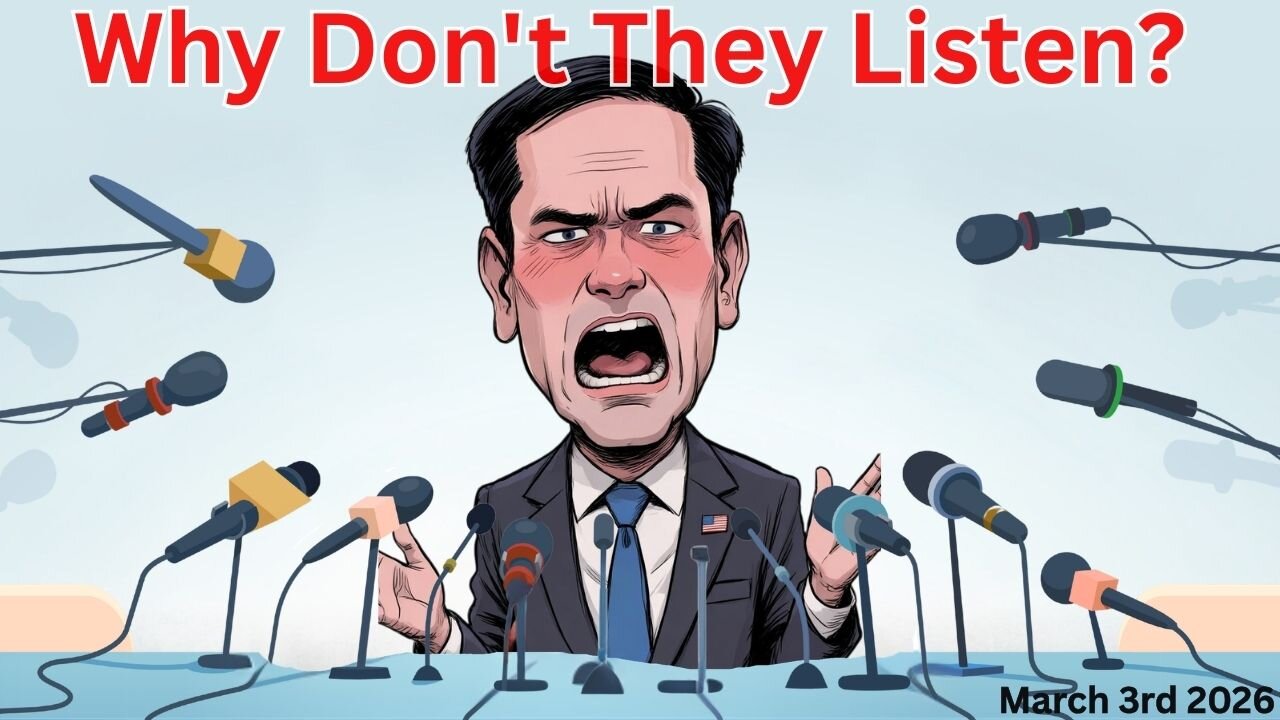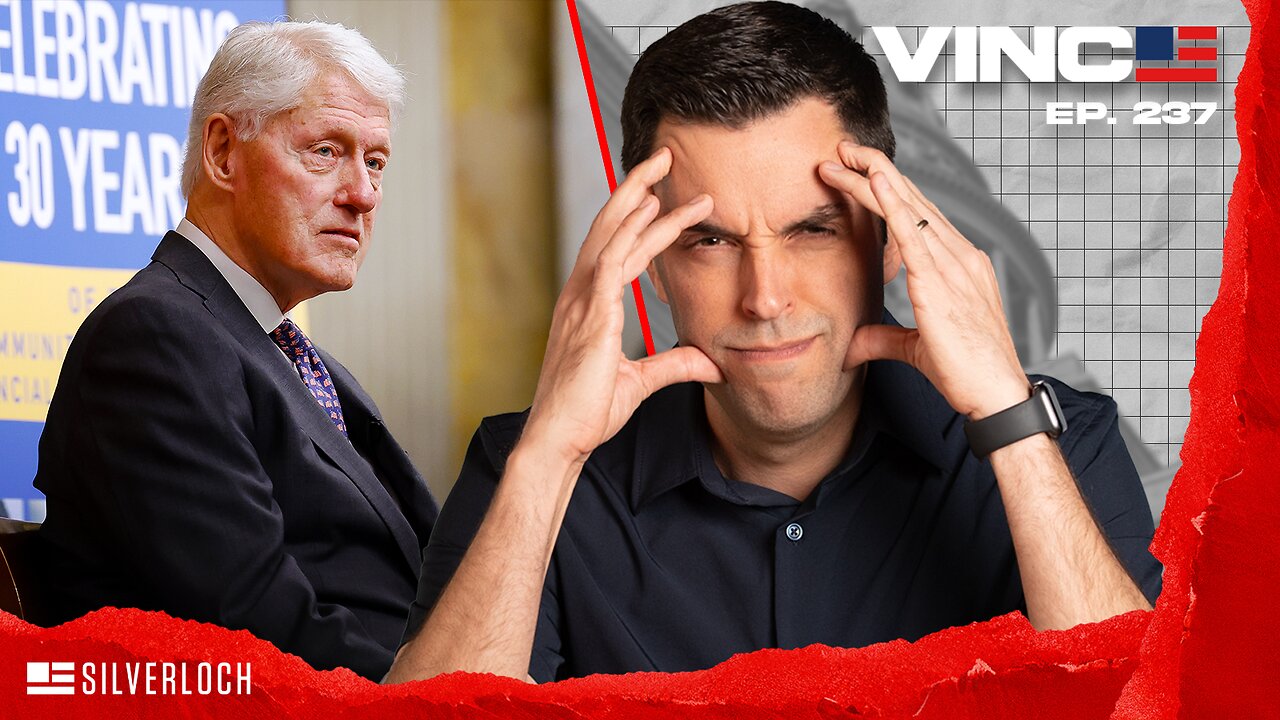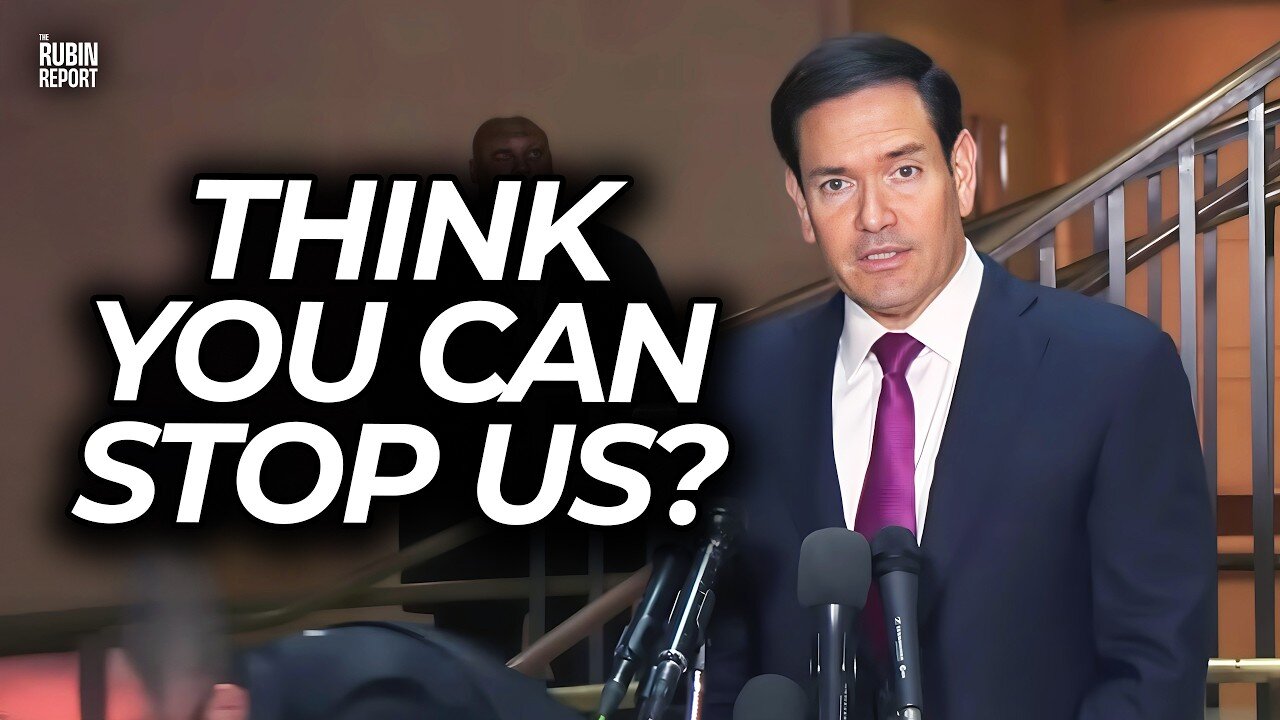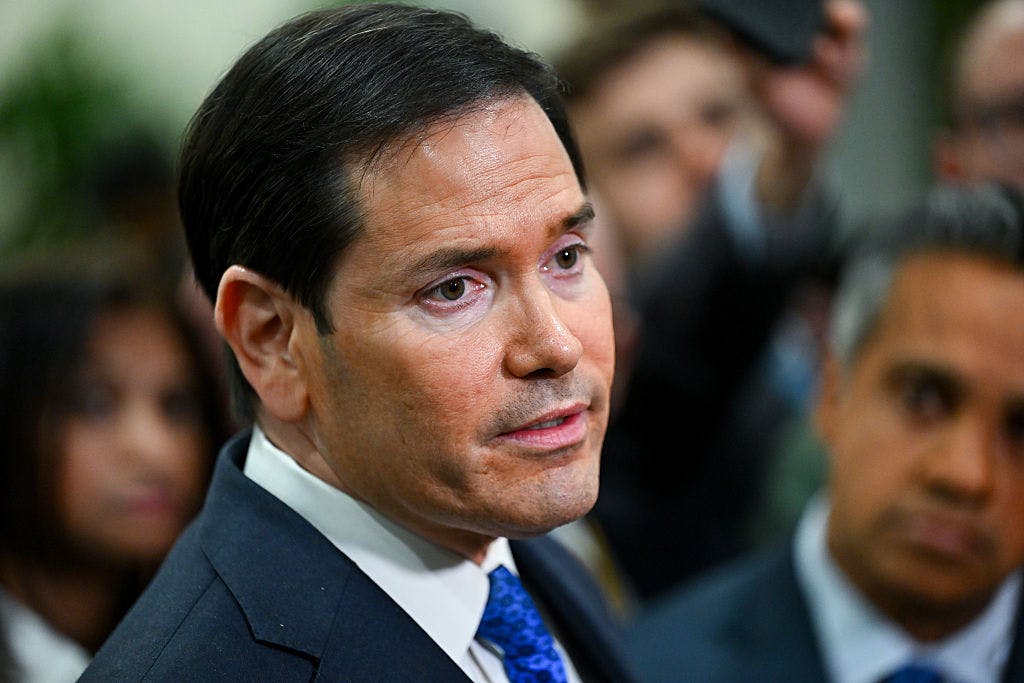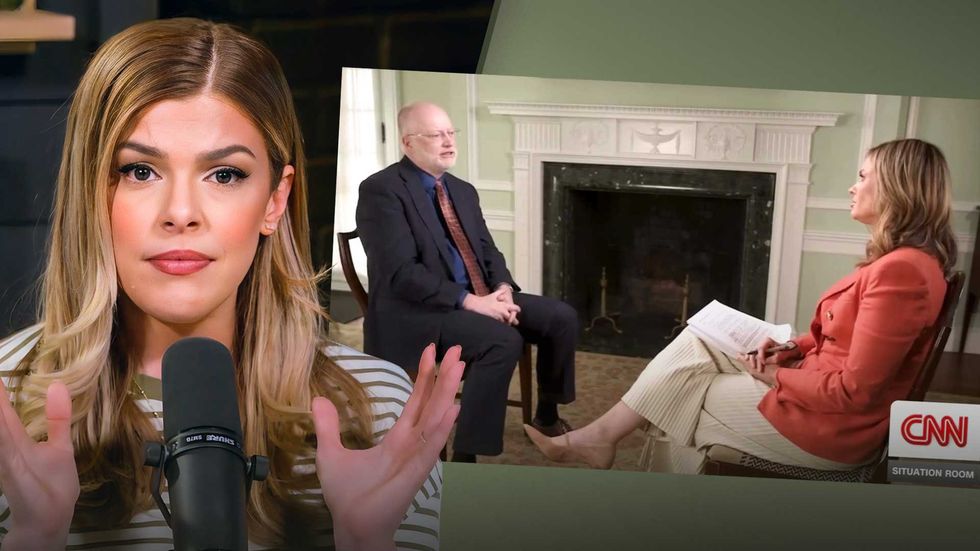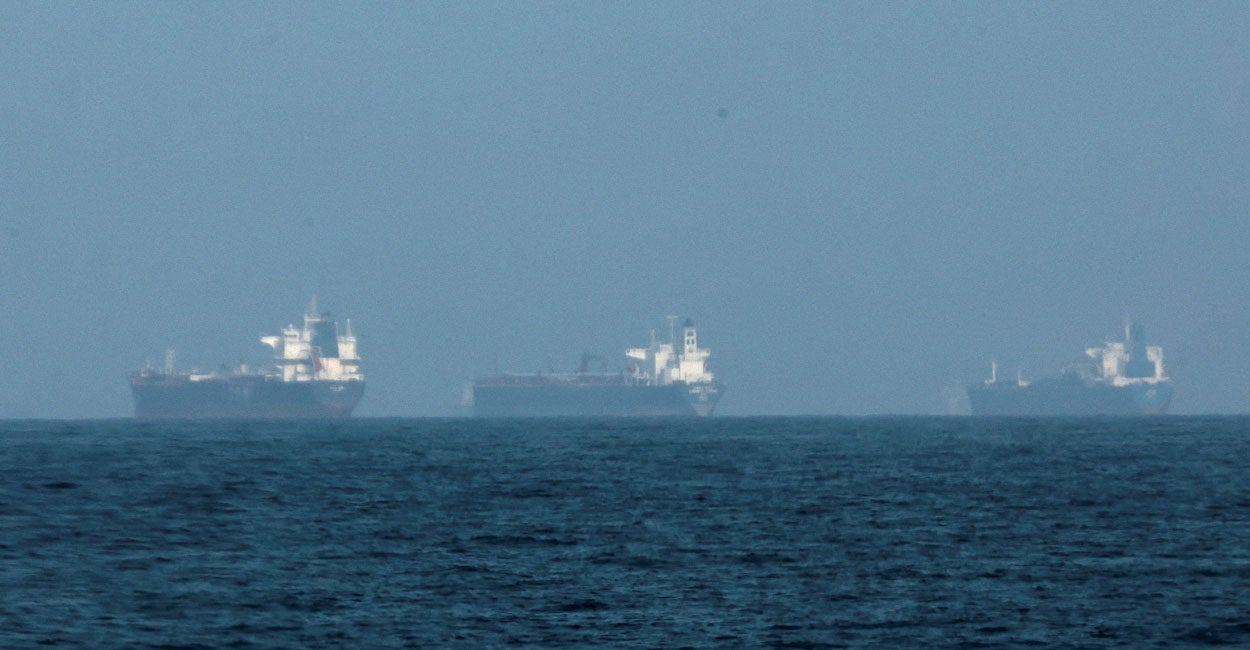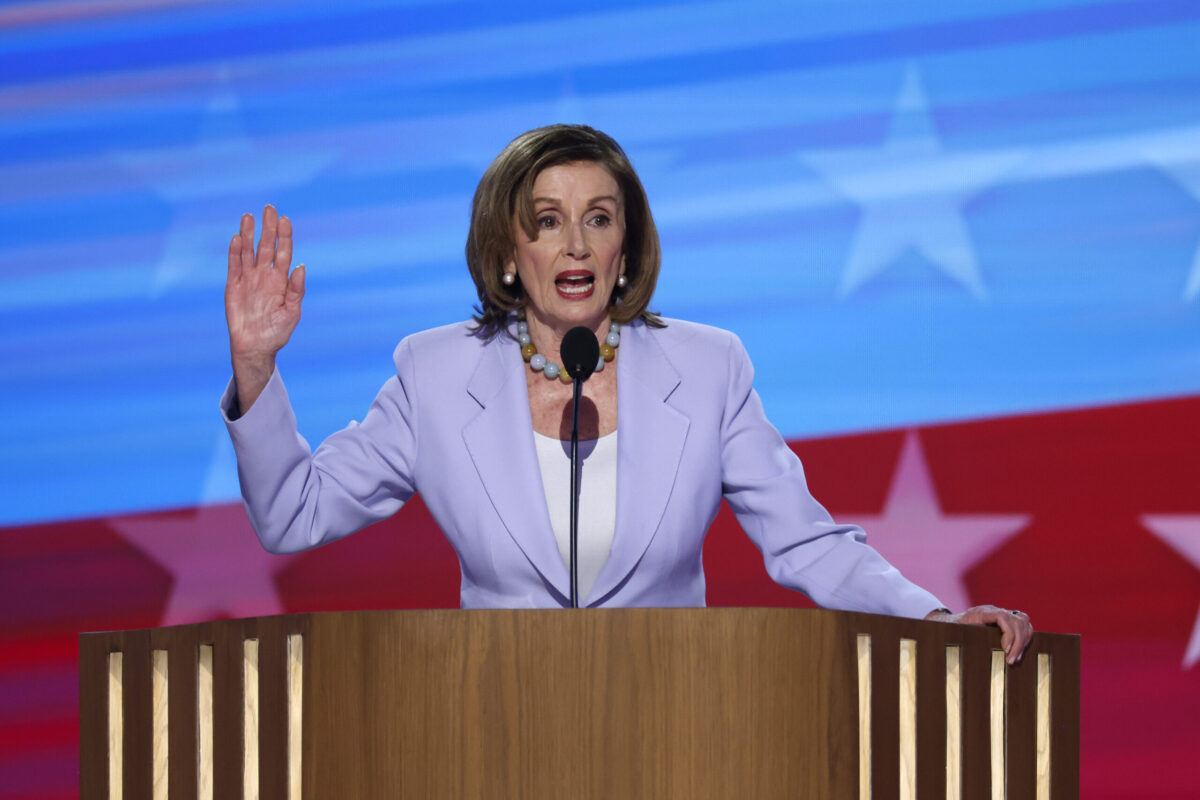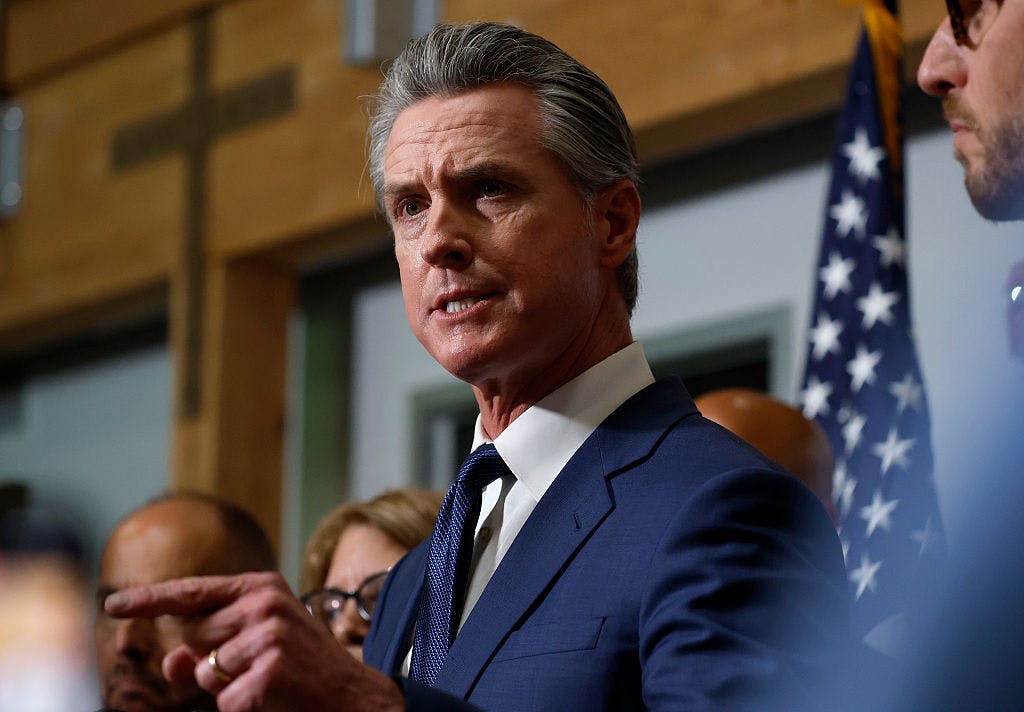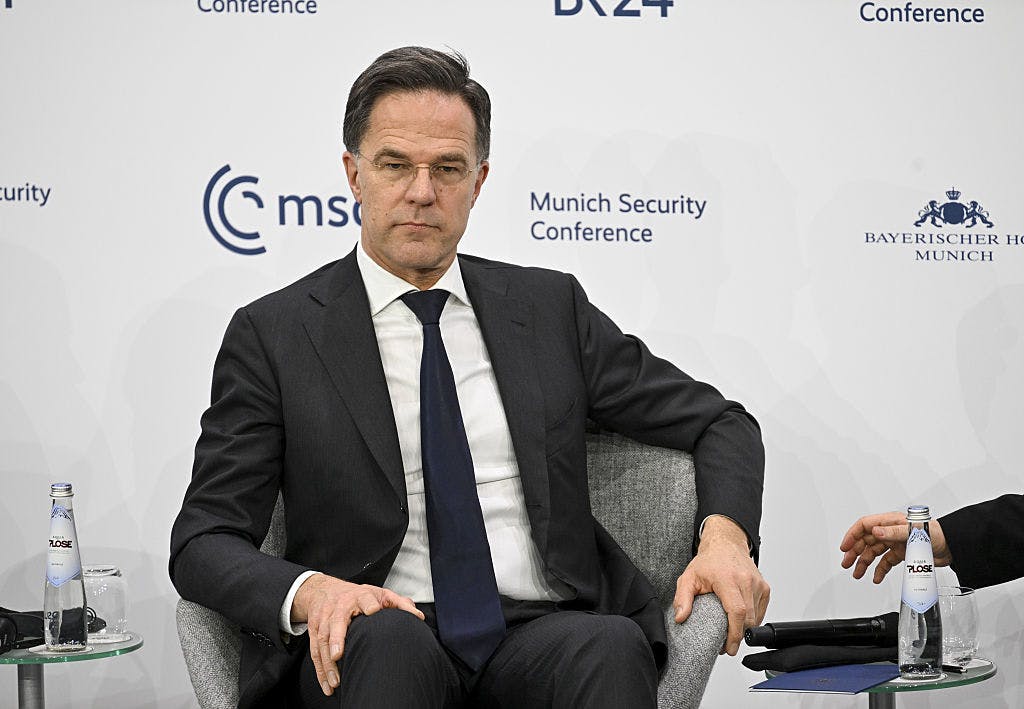What Future Is There for Davos If It Doesn’t Grasp What’s Truly Good and Just?
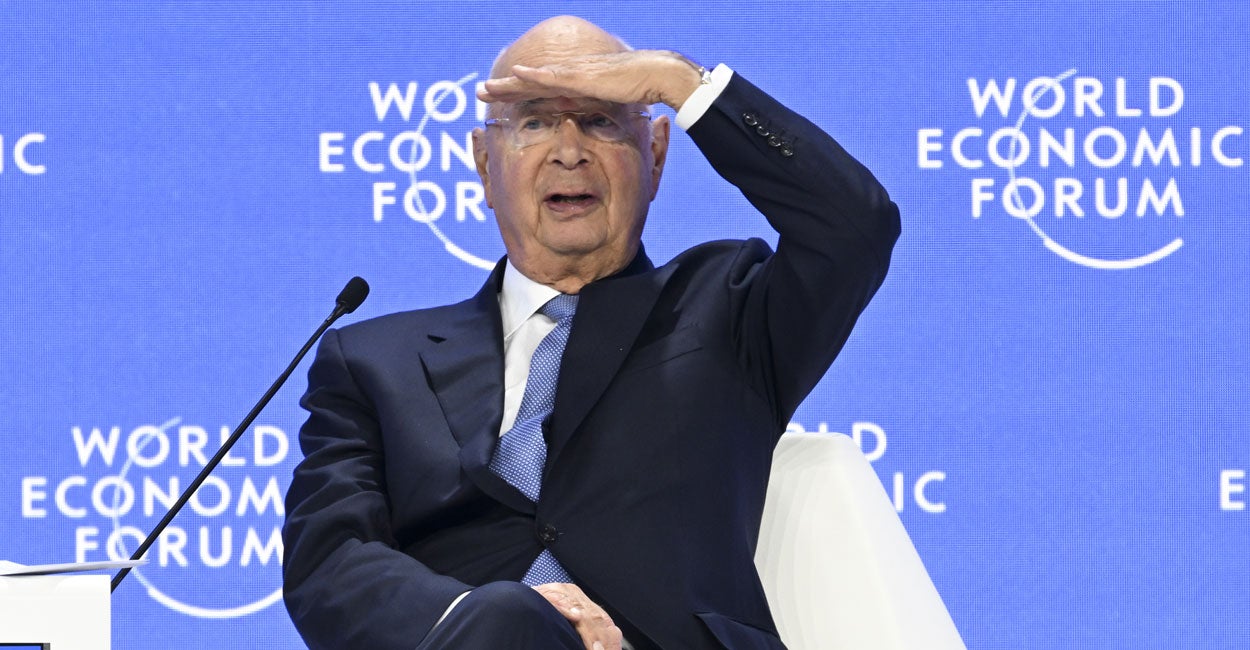
World Economic Forum founder Klaus Schwab has stepped down from its helm following insider claims of financial impropriety. Though cleared of “material wrongdoing,” Schwab ultimately recognized what most have long believed: Davos needs a reboot. The World Economic Forum isn’t seen as a global solutions provider. It is rather seen as a corrupt organization that serves the interests of a privileged elite.
Live Your Best Retirement
Fun • Funds • Fitness • Freedom
“The people who are gathered at Davos are responsible for the state of the world,” Peter Goodman, New York Times editor and author of “Davos Man: How the Billionaires Devoured the World,” observes. “They could have solved every human problem at the blink of an eye, if they really wanted to.”
But solving human problems is impossible when you misdiagnose their source. Davos doesn’t need a reboot. It needs a whole, new operating system.
Valid critiques of Davos begin with its glaring hypocrisies. For decades, the world’s most powerful political, business, and civic leaders have flown thousands of fossil fuel-guzzling, private jets to the Albula Alps to feast on grossly overpriced canopies and openly muse about how to help the poor and lower others’ carbon dioxide emissions. Even if their intentions have been good, their tangible impact—much like their humility—has been in short supply.
Over those same decades, populism has gone from the fringe to mainstream and trust in global institutions—including Davos itself—has cratered. Several high-profile, yet wrong-headed, WEF policy prescriptions further contributed to its tarnished image. Schwab’s defining, personal initiative—to replace shareholder capitalism with some multivariate alternative run by an amorphous group of stakeholders—was launched with academic reverence and ultimately rejected with public scorn.
WEF also flunked the energy debate, championing massive public investments in renewables that left Europeans paying four times as much as Americans for electricity that was simultaneously less reliable and secure. In April of this year, eight Spaniard and Portuguese citizens died in a solar power-induced blackout that covered most of the Iberian Peninsula for 10 hours. For that Europe can thank, at least in part, Davos Man.
But WEF’s greatest failures aren’t hypocritical behaviors, misguided energy policies, or the democratic repudiation of stakeholder capitalism, as bad as these are. Rather, their greatest error is a gross misunderstanding of human nature and what can reasonably be done to ennoble it. WEF’s leaders must reconstitute how they frame the source of human suffering before their proposed solutions could work.
Like all liberal institutions, the World Economic Forum champions individual rights and technocratic solutions without compensating focus on individual responsibilities and humanity’s overriding spiritual needs. WEF cannot generate cures when it misdiagnoses the sources of the symptoms it wants to treat.
Rights presuppose duties. Any worldview that places self-centered striving above communal responsibility betrays the human spirit and undermines the common good. Governments cannot legislate morality any more than the Securities and Exchange Commission can make a “bad” corporation “good.” Goodness and mindfulness emanate from a populace who regularly practice temperance, courage, wisdom, and justice.
Law and order are the cornerstones of justice and the guarantors of true freedom. At their best, justice systems reward the law-abiding while protecting the interests of the innocent and least fortunate. Thus, if human beings continue to consume fossil fuels at record levels—which is what we’re doing—it is the moral responsibility of oil and gas producers to provide that fuel legally and at the lowest possible cost.
Similarly, legal migration is to be celebrated while illegal migration is condemned. Goodness starts in the human heart, manifests itself in local communities, and aggregates one lost soul at a time. Goodness is not something that is showered down on the commoners from a phalanx of Bombardier Global 7500s making their way to and from the Swiss Alps for fondue.
In all these respects, the Alliance for Responsible Citizenship—a competing convention of political, commercial, and civic leaders begun two years ago by Canadian psychologist Jordan Peterson and social justice advocate Baroness Philippa Stroud—stands in helpful contrast. The alliance has wisely eschewed misplaced criticism of free markets while championing energy abundance. Much more importantly, the Alliance for Responsible Citizenship has squarely addressed the root causes of growing public dissatisfaction: The dissolution of family values, wholesale abandonment of public virtues, and the degradation of spiritual traditions that are essential to all human flourishing.
Unlike Davos, the Alliance for Responsible Citizenship does not try to generate shiny new policy ideas. The virtue-enhancing forces the organization extols long predate the Enlightenment and Industrial Revolution. These life-affirming forces trace their philosophical roots to Plato and Aristotle, Augustine and Aquinas.
In his book “Politics,” for example, Aristotle argues virtuous, lawful behavior will only define a community when it becomes a habitual norm. All stratums of society—from citizens to soldiers, oligarchs to monarchs, where they exist—must understand and execute their uniquely different stations responsibly, without regard to personal enrichment or entitlement.
In “The City of God,” Augustine states only those who strive for non-earthly pleasures will ever know complete happiness. More recently, in “Moral Man and Immoral Society,” theologian Reinhold Niebuhr argues individuals can and often do attain high degrees of unselfishness and laudable moral behavior through proper reflection and prayer. In contrast, he observes, social groups are ultimately compelled to act out of collective egoism, unlaudable self-interest, and hypocrisy. In every respect, Niebuhr predicted the current failures of Davos 40 years before Schwab convened it.
“My deep conviction is there can be no real political and economic development without some reference to the highest good,” Bishop Robert Barron told the Alliance for Responsible Citizenship earlier this year. “You can’t tell or understand the story of Western civilization without some reference to God.”
If Barron is right, the World Economic Forum needs to do much more than dream up creative ways to fund unsustainable welfare states, coddle gender-fluidity, and diffuse climate catastrophist alarms. Instead, WEF needs to promote nourishment programs for what truly ails the human soul. Content, moral societies are forged by moral men and women, not the other way around.
We publish a variety of perspectives. Nothing written here is to be construed as representing the views of The Daily Signal.
The post What Future Is There for Davos If It Doesn’t Grasp What’s Truly Good and Just? appeared first on The Daily Signal.
Originally Published at Daily Wire, Daily Signal, or The Blaze
What's Your Reaction?
 Like
0
Like
0
 Dislike
0
Dislike
0
 Love
0
Love
0
 Funny
0
Funny
0
 Angry
0
Angry
0
 Sad
0
Sad
0
 Wow
0
Wow
0
